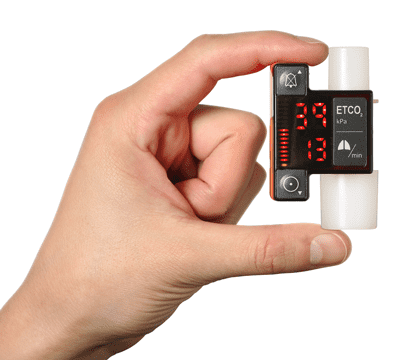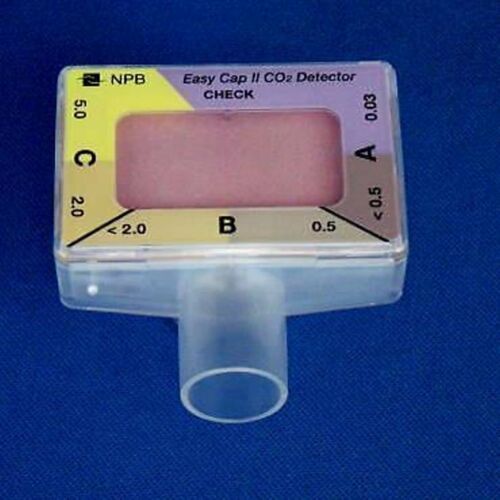maillol
Member
- Joined
- Oct 28, 2019
- Messages
- 393
Hi everyone, first post. I’ve been reading with interest for a while. I think like many of you I am coming from a keto/carnivore background that did not go well. I have been incorporating Peat style ideas into my diet and I am seeing benefits. I have plenty of questions but I’ll try to stick to one topic at a time.
It generally seems accepted that we want to keep serotonin low and as such we want to minimise tryptophan.
It also generally seems accepted that we want to improve metabolism by providing plenty of sugar, be it from fruit, milk or refined.
Now this may be oversimplified but as I understand it insulin pushes all amino acids into muscles except for tryptophan which is left behind in the brain which causes an increase in serotonin.
So my question is how do we keep metabolism high while keeping insulin low?
Also it seems all protein sources contain tryptophan and as someone who works out and doesn’t want to lose muscle what is the best way to get plenty of protein in my diet without getting sky high amounts of tryptophan?
It generally seems accepted that we want to keep serotonin low and as such we want to minimise tryptophan.
It also generally seems accepted that we want to improve metabolism by providing plenty of sugar, be it from fruit, milk or refined.
Now this may be oversimplified but as I understand it insulin pushes all amino acids into muscles except for tryptophan which is left behind in the brain which causes an increase in serotonin.
So my question is how do we keep metabolism high while keeping insulin low?
Also it seems all protein sources contain tryptophan and as someone who works out and doesn’t want to lose muscle what is the best way to get plenty of protein in my diet without getting sky high amounts of tryptophan?



